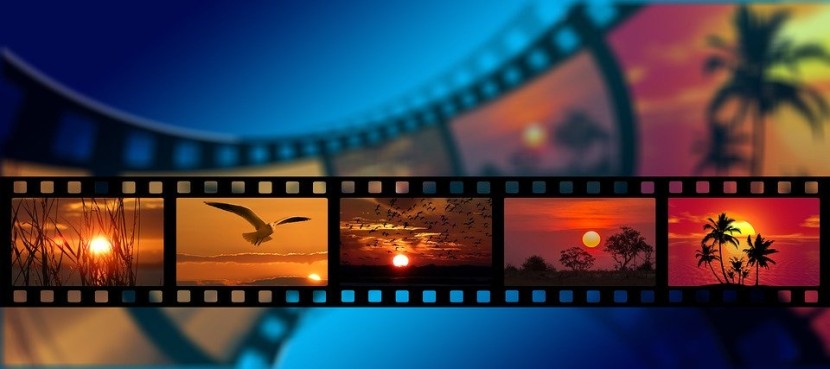
Film adaptations of books throughout the years have been used as an avenue to bring critically-acclaimed narratives to life on the big screen. Some films, however, do not live up to the hype surrounding the book and expectations of starry-eyed readers.
Such adaptations lure the public from the source material's readers to people who have never heard of the narrative. Some readers claim that their favorite stories will always be better than the films based on authors' narratives as they are using their own imagination when turning pages of books.
Thus, it is rare to discover a film adaptation that surpasses the quality of its source material, reported The Portalist. Despite the best intentions and efforts behind film adaptations, they can still go badly due to terrible acting, the remodeled subject matter, and unnecessary alterations to the seizing book plot, indicated Hunter and Bligh.
Some film adaptations, including "Harry Potter" succeed with flying colors in delivering to the book series' fan base and condensing the books' hefty source material to fit an interesting and well-paced movie structure.
Here are the choices that left a sour taste among viewers and critics:
1. "All the Kings' Men"
"All The Kings' Men" penned by Robert Warren Penn is among the "greatest books of all time" lists, reported Screen Rant.
The first of the book's big screen adaptations was produced in 1949. It scored a 95% on the Tomatometer. The 1st film adaptation garnered success.
Sony had the urge to depict the narrative in another form, but delved into missing the original material mark with an apparent absence of the humanity or political depth that was the book's foundation.
2. "Congo"
This film is the kind of explosively bad that could be enjoyable, given if you are a certain kind of person and in a particular mood.
If your threshold allows remarkably terrible action-thrillers with implausible special effects and bad acting, you might endure "Congo."
However, it makes a mockery of the fun source material by Michael Crichton.
3. "The Girl on the Train"
This 2015 book written by Paula Hawkins follows an alcoholic woman's narrative. She would observe a couple from a train's window on her everyday commute and would darkly imagine their "perfect" lives. Upon observing a terrible event from her train, she incorporates herself in their lives with an ensuing police inspection.
Alterations to the narrative result in the film becoming more inconsequential with large plot holes. It certainly did not live up to the rigid psychological thriller the novel was proudly known for.
4. "The Scarlet Letter"
The original novel navigated through the serious matter of adultery and the public indignity alongside it. The emotional novel delves heavily into revenge, pain, and guilt.
The 1995 transition to the big screen embodied a different narrative. With regard to encapsulating the source's meaning, it entirely did not deliver.
Related Article : J.K. Rowling Claims Society is On The Brink of Medical Scandal








